history
HOLZ & STEIN was the first company which produced knitting needles made of rosewood, ebony and kingwood in 1981. Before that time, knitting needles were mainly made of plastic, metal and bamboo. If knitters could get wooden knitting needles at all, they were made of local beech or birch, which were more fibrous, coarse-pored and not so hard compared to instrument woods. This implied easy splintering and slow slipping of the stitches.
The idea was born in the early 1980s when Martin Hohwalter, founder of HOLZ & STEIN, was thinking about what to do with the increasing number of offcuts from his musical instrument production. So in the beginning, this was just a sensible way of using the valuable leftover hardwoods.
However, knitters quickly discovered the special qualities of this instrument wood, and over time they replaced their needle collection with needles made of rosewood, ebony and kingwood, because from the knitters’ perspective, they were far superior to all of the materials commonly used. This is how these needles fast became an insider tip, which was spread all over the world.
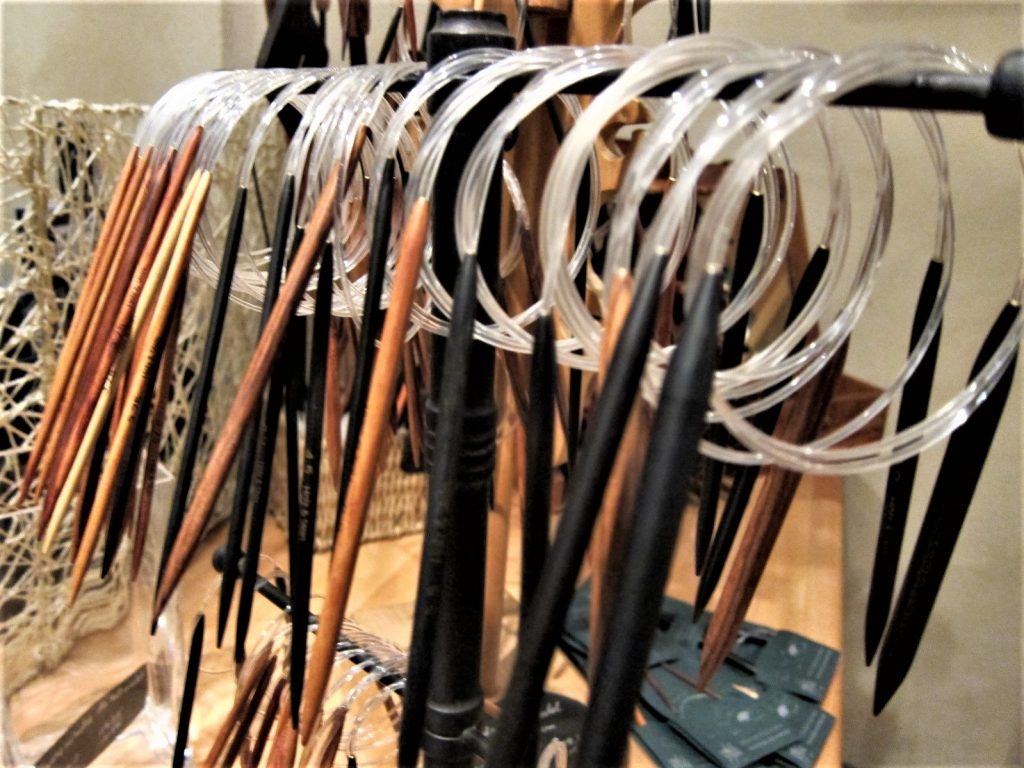
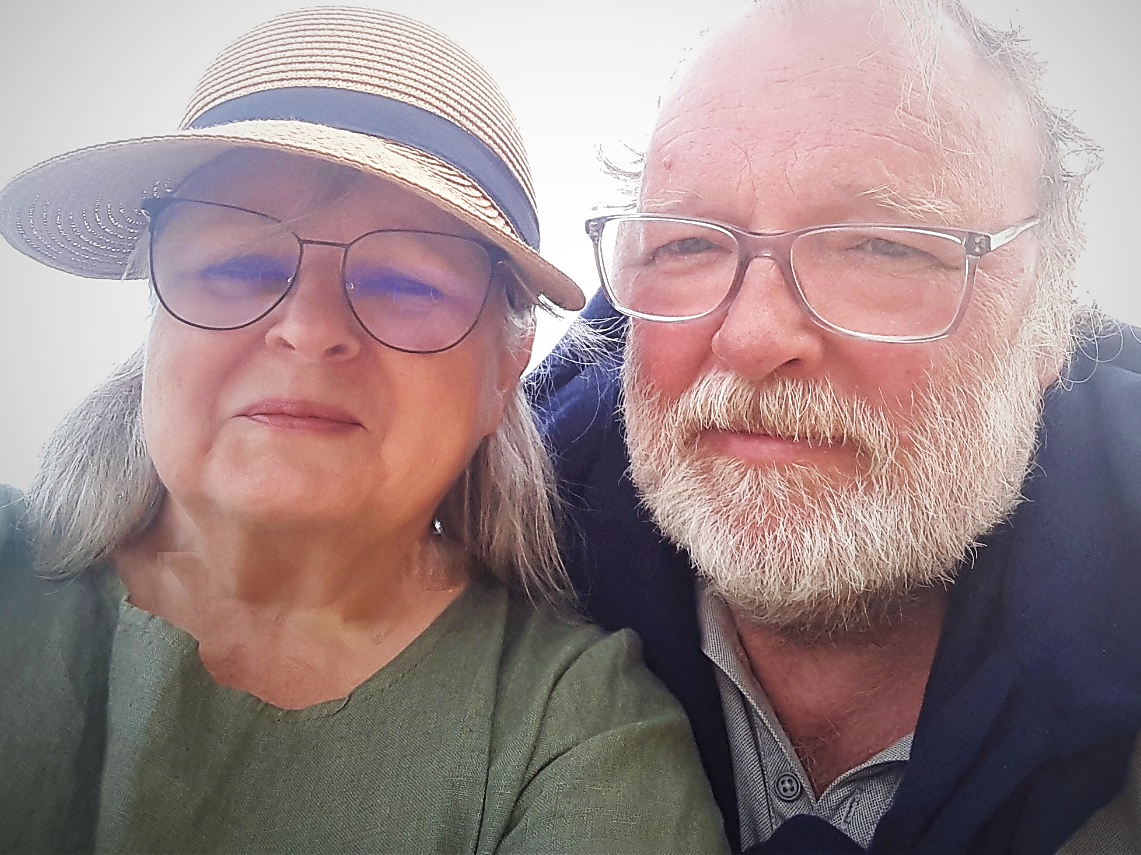
owner
In 1996, Ursula Huppertz took over the company, assisted by her husband Dieter Berens and her team. Since then, the manufacturing techniques and quality standards have been continuously improved and the product range expanded. It had a positive effect that Ursula ran a retail business for natural fibre yarns for 22 years, in combination with the ecological crafts of hand-weaving, hand-spinning and plant-dyeing. With so much experience as a craftsperson and a trader, she was thus familiar with all of the problems and wishes of the customers, which was expressed in a very special service and has expanded into an increasing number of individual special designs, small series and limited woods over the years.
production
At our small factory in the Rhineland, all needles for knitting and decorating are handcrafted. With the aid of special machinery, we create a fusion of beauty and function. All the woods had grown very slowly which ensures a very high density of 1.1 to 1.4. This means they are that heavy that they do not swim on the water but sink in it. Due to this high density the handling is very complex but it also ensures the possibility to make them that smooth. The treatment with natural vegetable oil and beeswax-balm guarantees a surface which even enables the knitting of mohair and silk. Multiple processing steps are based on a sophisticated system. Holz & Stein has a specially developed brass adaptor, which is incorporated into the circular needles. It guarantees a first-class connection between cable and wood, which the stitches will slide smoothly across. Moreover, the wood will not split open if the cable is bent too far. To ensure that everything works smoothly, the joints will be fine-tuned within a hundredth of a millimeter between the wood, the adapter and the cord. In addition to the special working equipment and techniques, a great level of craftsmanship and experience are therefore essential for success.
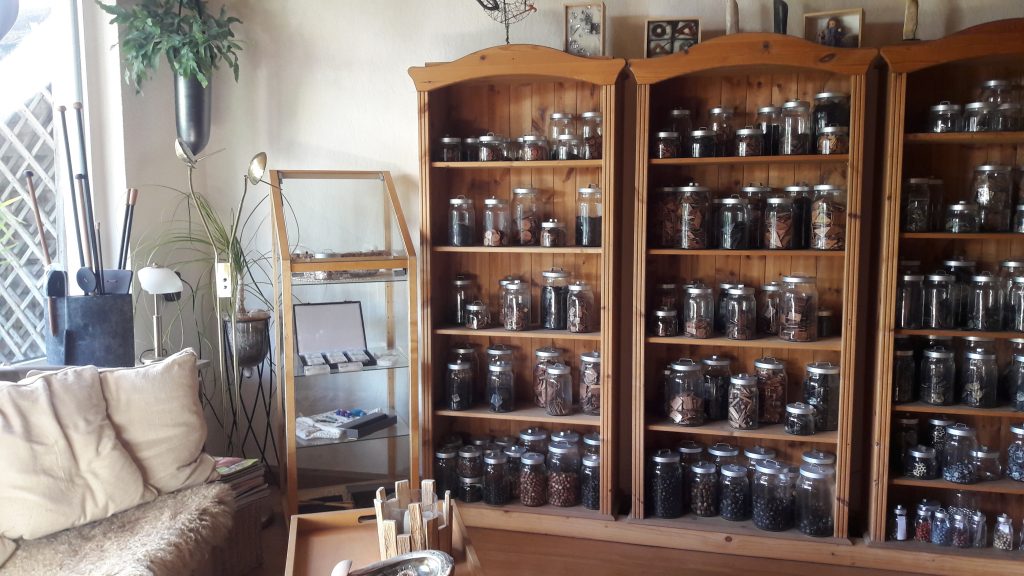
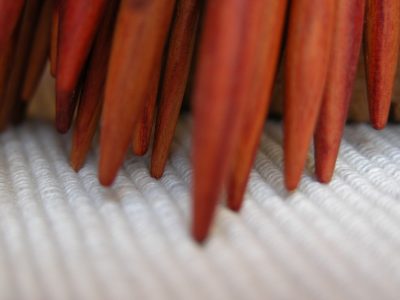
quality
From the very first processing step, attention is focused on the quality and stability of the woods. Any conspicuous wood will be sorted out accordingly. Before the needles leave the factory, they are always subjected to a final quality check up to the bending test. Every tip, every surface and every joint has to be checked. In the case of circular knitting needles, special attention is devoted to the glue points. Each needle must withstand a strong turning and pulling test. The final finishing with pure natural oils and beeswax balsam from Auro gives the needles their shiny appearance with the silky sheen, a smooth surface and a soft touch. All toxic substances, such as coatings and laminates, are consistently avoided.
advantages
The advantages of these precious wood knitting needles are literally tangible. • The wood does conduct heat, which means that your hands will become neither cold nor clammy. • In contrast to metal, the wood is electrostatically-neutral, which is particularly beneficial for people with painful rheumatism or neuralgia, but is also good for people with cardiovascular conditions. Many knitters have reported that they have not had any symptoms since they started using these wooden knitting needles. • These needles do not make loud clacking noises while you are knitting, and due to their comfortable weight, the stitches do not acci-dentally slip off the needles. • Instrument wood is extremely durable and gives years of service; it does not split or fray at the tips. • Due to their hardness and density, these types of wood can be sanded and polished so finely that they feel wonderfully smooth in your hands and thus do not need the usual varnishes and laminates.
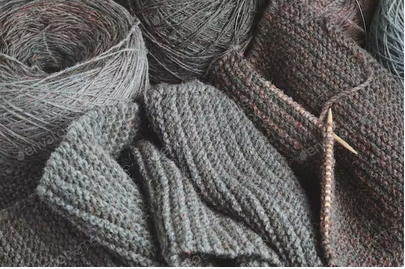
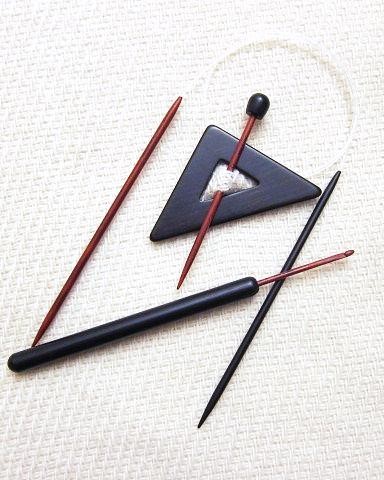
expansion
In 2006, we saw a major change of expansion.
In the years before, there was a constantly growing demand for special needles (special lengths, special sizes, special wood types and limited editions, special tips, etc.). Nowhere on the world market were these demanded special needles available. So, we found a major market gap.
As a result, in 2006 we chose to focus on this market niche because we were in the position of a small manufactory to adapt our production to the ever-increasing number of special requests. Thus, a split into the sectors 'pre-production' and 'customized final production' has been created. This made it possible to provide more than 3500 needle variations over time.
Before 2006, Holz & Stein only supplied resellers. But after the expansion, even big stores could not keep the ever increasing number of needles in stock or order them on customer request. Therefore, in addition to the wholesale business, the retail business has also been established, and since then, private customers as well have been supplied.
© 2024 - All rights reserved. Designed by Holz & Stein.
